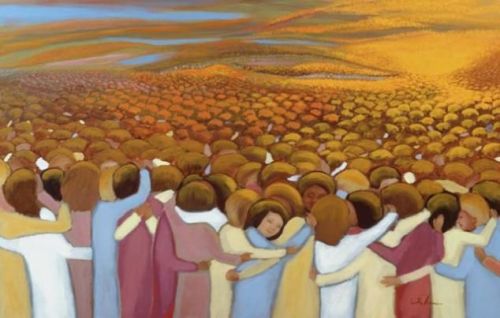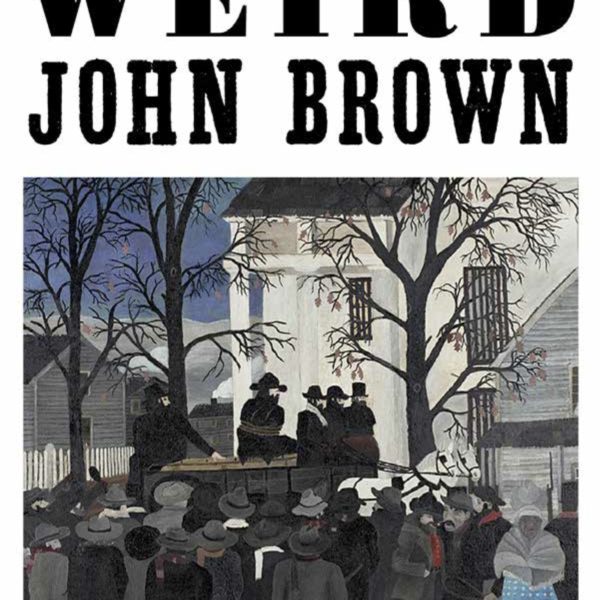
John the Baptist paves the way for a new ecclesiological model that pushes the church beyond a reproductive model of mission insistent on its own futurity. Embracing an ecclesiological ‘death drive’ can open doors to see the unexpected God-over-there within the present.

The ecclesiological model that emerges from reading Paul and Mouffe could allow us to position the church itself as a politically and theologically diverse community within the larger society. The role of the church is not to strive towards articulating one uniform voice, both within or in public spaces, but highlight various and even rival voices.

Situated on this eschatological middle ground, political theology must reckon with how we live in a time when the kingdom of God is present, creating moments of transformation and rupture…To speak truthfully, political theology must also speak to the quotidian joys and everyday struggles that make up the ordinary time of our lives.

A bishop recently said that 90% of the homilies he has ever heard can be boiled down to two words: “Try harder.” Of all the things that Ted Smith’s book does well, the most compelling for me is his attempt to critique the ethical confines to which reflection on politics and violence — along with so much else — is often limited.

The Notre Dame Institute for Advanced Study hosted a conference at the beginning of this month on Theology and Black Politics. Opening with the question: “What is the Black Church?”, the conference addressed fundamental concerns regarding the nature of black politics and theology.

